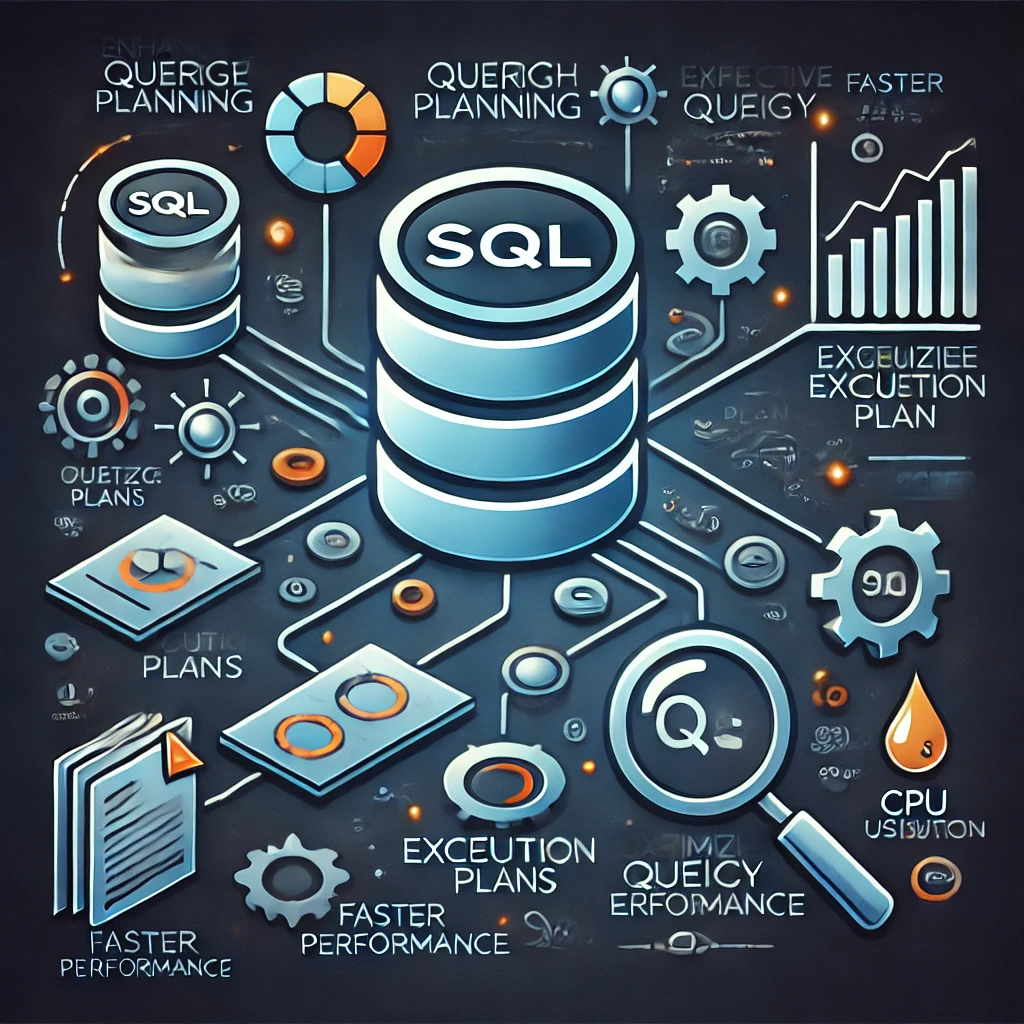Key Security Plugins for Jenkins to Strengthen Your CI-CD Pipeline
 Maya Thornton in ci-cd120 days ago
Maya Thornton in ci-cd120 days ago
Continuous integration and continuous delivery (CI/CD) pipelines are the lifeblood of modern software development. They automate the build, test, and deployment process, ensuring faster releases and higher quality code. But like any complex system, CI/CD pipelines are vulnerable to security risks. This is where Jenkins security plugins come in, acting as the guardians of your pipeline, safeguarding your code and data.
1. Jenkins Credentials Binding Plugin
This plugin is your first line of defense. It enables you to securely store sensitive credentials like API keys, passwords, and SSH keys, preventing them from being hardcoded into your build scripts. This not only strengthens security but also makes your pipeline more manageable.
2. Jenkins Pipeline Security Plugin
This plugin adds a layer of protection to your Jenkinsfile, the heart of your pipeline. It enforces best practices and security checks, preventing unauthorized access to sensitive data and operations. You can define rules for access control and restrict access to critical pipeline stages.
3. Jenkins Audit Trail Plugin
Transparency is key to security. This plugin records every action taken on your Jenkins server, providing a detailed audit trail for security incidents. It tracks user logins, job executions, and configuration changes, making it easier to identify and investigate any malicious activity.
4. Jenkins Configuration as Code Plugin
Security best practices recommend avoiding manual configuration as much as possible. This plugin allows you to manage your Jenkins configuration through code, making it easier to version control, audit, and roll back changes. This reduces the risk of accidental misconfigurations that could compromise your pipeline's security.
5. Jenkins Role Strategy Plugin
Proper role-based access control (RBAC) is crucial for protecting your CI/CD pipeline. This plugin lets you define roles and permissions for different users and groups, ensuring that only authorized individuals have access to specific parts of your pipeline.
6. Jenkins SSH Credentials Plugin
When your pipeline involves interactions with remote servers, securing SSH access is paramount. This plugin provides a secure and centralized way to manage SSH keys, enabling you to access remote resources without compromising your credentials.
7. Jenkins Security Scanner Plugin
Integrating security scans directly into your pipeline is essential for early detection and prevention of vulnerabilities. This plugin allows you to seamlessly integrate security scanners like SonarQube and Snyk into your pipeline, identifying and addressing security issues before they reach production.
Building a Secure CI/CD Pipeline:
By leveraging these security plugins, you can fortify your Jenkins pipeline and mitigate security risks. Remember, security is an ongoing process, requiring constant vigilance and adaptation. Regularly review and update your security measures to stay ahead of evolving threats and ensure the integrity of your software development process.



